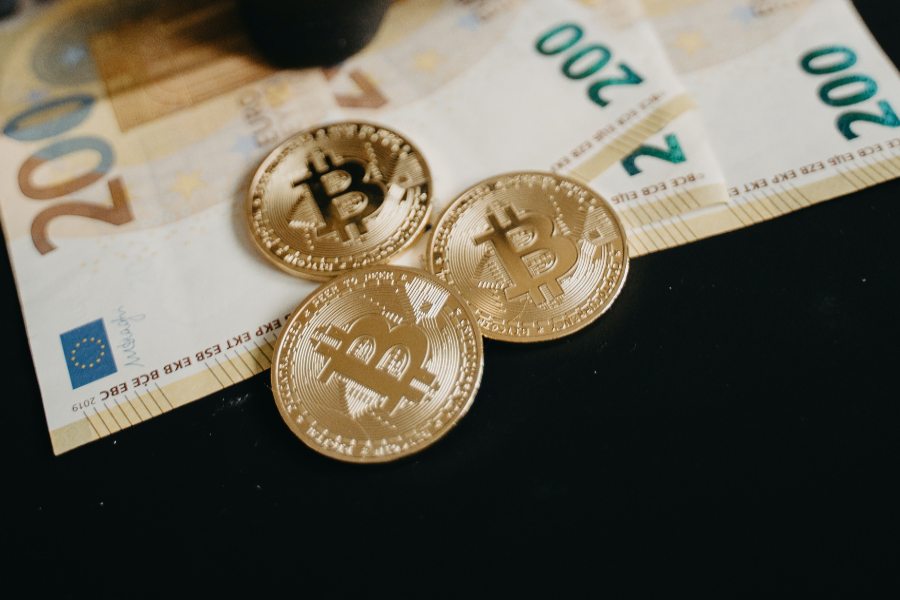
For digital currencies, 2023 is a watershed year. As the digital currency revolution gathers steam, governments and corporations alike are looking for ways to take advantage of it. With its crypto-friendly laws, the Cayman Islands is quickly becoming a center for the cryptocurrency industry.
Any country that wants to be a major participant in the cryptocurrency business must first legalize cryptocurrency. Businesses and investors will benefit from the increased transparency, security, and confidence it provides, so there are advantages to both crypto legalization on a nation-wide level and there are benefits to obtaining a license as a company. They include the following:
- Legal compliance. Getting a license is beneficial since it clarifies the you’re in the clear with the law. Without worrying about being shut down, businesses may keep running successfully.
- Access to Bigger Markets. This makes it easier to do business on a global scale and attracts a diverse group of potential clients and partners.
- Tax Benefits. The Cayman Islands have a well-deserved reputation as a tax haven. Profits and capital gains for a crypto firm may be subject to nil or very low tax rates.
- Trust. Operating within a regulated environment with a license increases the likelihood that investors will put money into a crypto project. Investor trust and capital inflows may be increased with a Islands crypto license.
What Crypto Projects Can Be Opened in The Cayman Islands In 2023?
Cayman Islands crypto projects have a lot of options in 2023. In this crypto-friendly country, you may launch any one of these kinds of businesses:
- Crypto Exchange Platforms;
- Blockchain Development Firms;
- Digital Wallet Services;
- Crypto Investment Funds;
- Tokenization Firms.
What Types of Crypto Licenses Are Available in the Cayman Islands?
An essential part of crypto legislation in the Cayman Islands is the Virtual Asset Service Provider (VASP) license. Services including cryptocurrency exchanging, wallet safekeeping, and token issuance fall within the purview of this important Cayman Islands crypto license.
Advantages Of a Crypto License in The Cayman Islands In 2023
This is a highly sought-after location for crypto-related firms, and for a number of good reasons:
- Political and Economic Stability. The Cayman Islands have a stable government and a prosperous economy, for which they are well recognized. This steadiness provides a safe setting in which crypto firms may flourish.
- Top-Notch Infrastructure. The country has first-rate infrastructure, which is very important for crypto businesses, such cutting-edge telecommunications and financial services.
- Global Reputation. The Cayman Islands have built a name for themselves as a progressive regulatory environment for the cryptocurrency industry. This credibility will allow you to draw in the best crypto developers and financiers.
- Privacy and Security. When it comes to crypto, where secrecy of transactions and personal information is of the utmost importance, the Cayman Islands are an excellent choice.
- Efficient Regulatory Framework. The business climate in the Cayman Islands is praised for its transparency and clarity in the regulatory structure.
Cost And Requirements for Obtaining a Cayman Islands Crypto License In 2023
In order to do crypto-related business in the nation, companies must first seek crypto authorization from the CIMA. This authorization provides regulatory control for the sector and guarantees conformity with anti-money-laundering (AML) and counter-terrorism financing (CTF) regulations. The requirements include but are not limited to the following:
- Authenticated scans of all members’ passport pages;
- Images of all members’ IDs and bills showing their current addresses, notarized;
- Marketing strategy outline;
- Documentation sourcing the origins of funds;
- Policy and method for dealing with AML/KYC issues outlined in a manual;
- Policies for Safeguarding Data, Safeguarding Private Keys, etc.;
- AML officer;
- Registered office.
What Risks May There Be When Applying for A License for a Foreign Industrial Estate?
There are a number of potential dangers and difficulties that might arise while applying for a crypto license in another nation. They include:
- Foreign regulatory standards may be both time-consuming and expensive to meet. Experts in law and compliance, knowledgeable with the norms of your target market, may be required. Expenses may also arise from trying to satisfy regulatory reporting, licensing, and auditing needs;
- Hackers often target cryptocurrency firms because of the high potential rewards. You may need to spend considerably in cybersecurity measures to secure your assets and consumer data if you decide to open up shop in a foreign nation;
- Threats from the market are also present. A thorough familiarity with the local market and consumer tastes is essential. Failure in a foreign market may result from entering the market without first researching the needs, competitors, and cultural norms of the target market. There must be extensive market research done;
- The political and economic stability of the target nation is an important consideration. Your company’s operations and profits may be impacted by sudden shifts in government policy or economic downturns.
- There may be licensing restrictions in place because to the high demand for cryptocurrency-related enterprises in certain jurisdictions. Obtaining a license is a competitive process with no assurance of success;
- Tax regulations may be complex and may vary depending on where you live. If you have to pay more in taxes or fill out more paperwork, your profits might take a hit;
- Many conventional financial institutions are reluctant to cooperate with crypto firms because to regulatory concerns. This may make it more difficult for you to deal with financial matters in that nation;
- A well-defined exit plan should be in place in the event that your firm fails to take off or if new regulations make it impossible to continue operating. It’s important to prepare for the prospect of having to leave a foreign market since doing so may be time-consuming and expensive.
Before applying for a crypto license in a foreign nation, it is essential to perform extensive study into the regulatory environment of that country, collaborate with local legal and compliance professionals, and conduct a complete risk assessment. It’s also better to hire an outside firm with knowledge of the nation and its regulations.




















